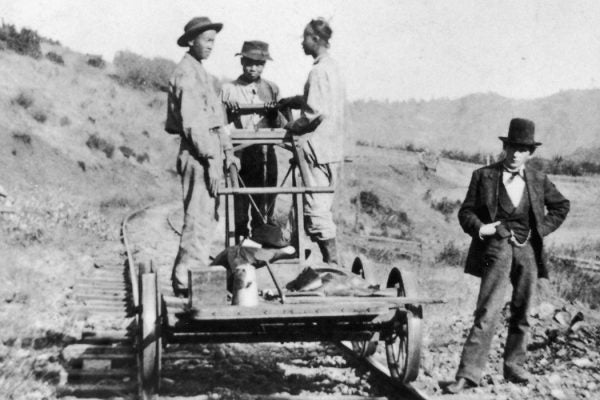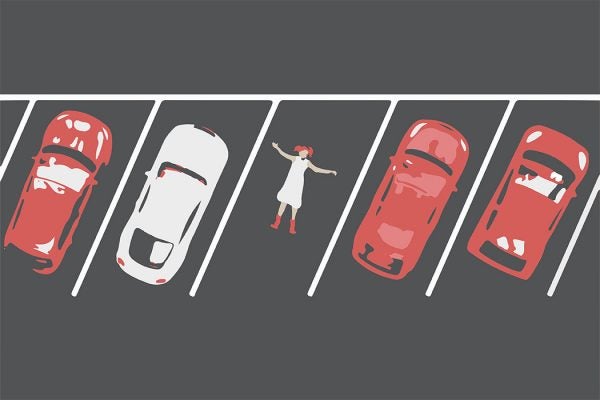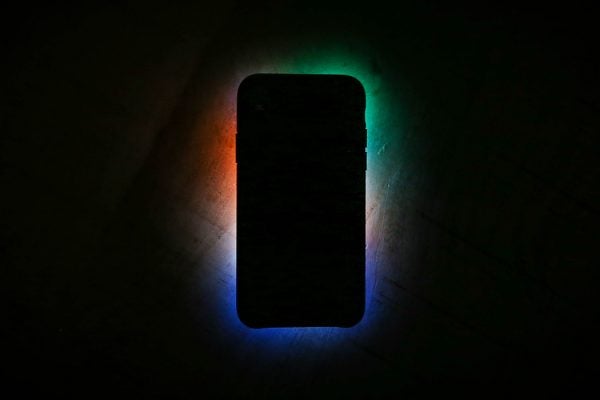The Voting Rights Act 1965: Annotated
The passing of the Voting Rights Act in August 1965 prohibited the use of Jim Crow laws and discriminatory tests to disenfranchise Black voters.
The Chinese Exclusion Act: Annotated
The passing of the Chinese Exclusion Act in 1882 marked the first time the United States prohibited immigration based on ethnicity and national origin.
Injustice at the Indiana Women’s Prison
Medical neglect, food injustice, and mental health woes serve as the creative inspiration for poetry. Plus, how many days of work does it take to buy a bra?
Dating Apps Are Intensifying Online Partisanship
Some social scientists argue that dating and mating patterns may be the real drivers of polarization.
Lawrence Lessig: How to Repair Our Democracy
Law professor and one-time presidential hopeful Lawrence Lessig on campaign finance, gerrymandering, and the electoral college.
When Did We Start Paying to Park Our Cars?
A Curious Reader asks: When and why did parking become monetized?
What Roe v. Wade Means for Internet Privacy
Roe v. Wade left Americans with the idea that privacy is something we can expect as citizens. But does the SCOTUS consider privacy a constitutional right?
How Pleasure Lulls Us into Accepting Surveillance
The domestication of surveillance technology has caused big legal and ethical implications for security on both a personal and a social scale.
The End of American Film Censorship
The Hays Code kept Hollywood on a short leash until the Supreme Court decided in 1952 that films were protected by the First Amendment.
When Jimmy Hoffa Vanished, He Took Union Strength With Him
The July 30, 1975, disappearance of labor leader Jimmy Hoffa sparked public fascination because he was an important cog in the nation's economy.









